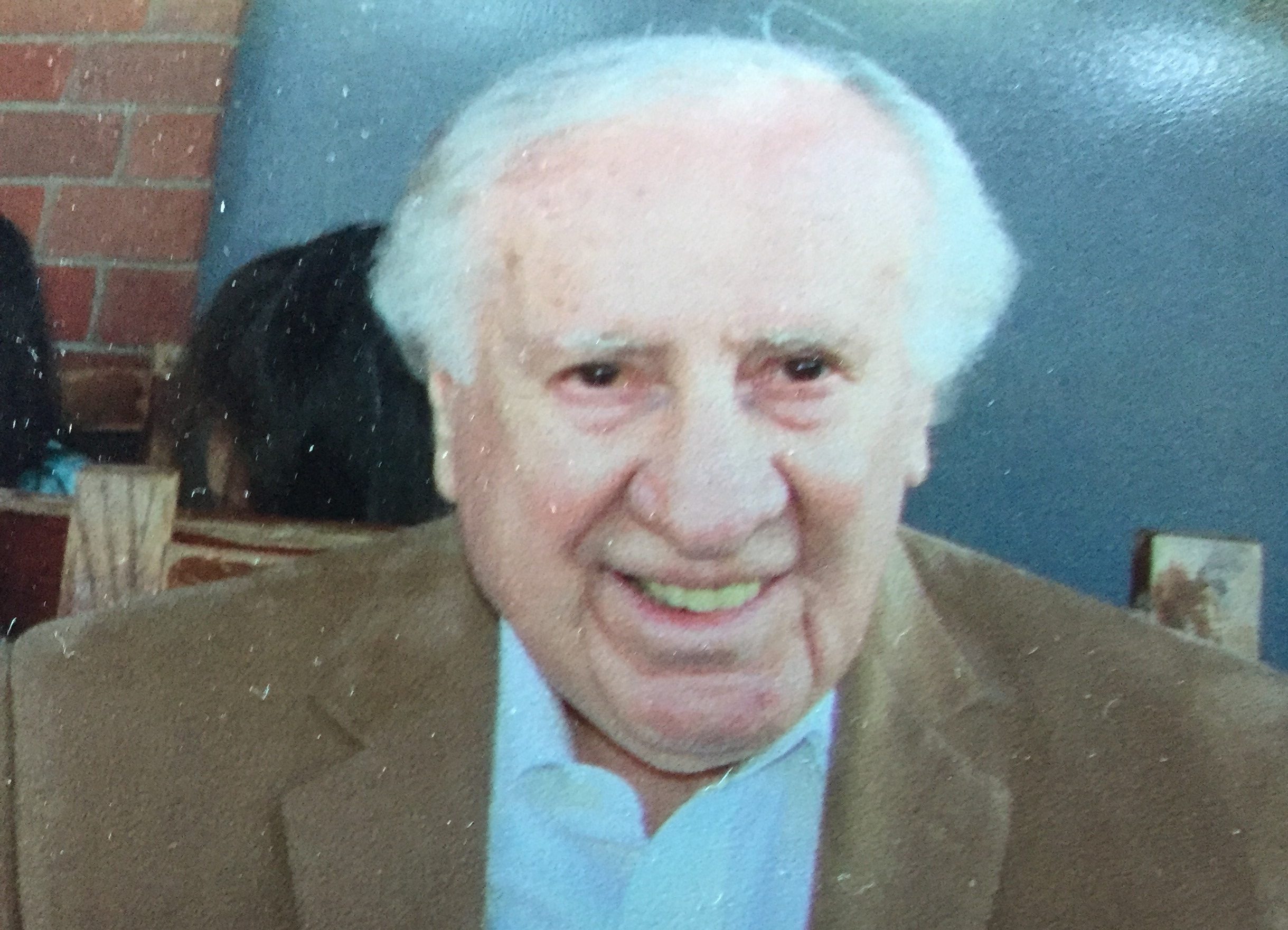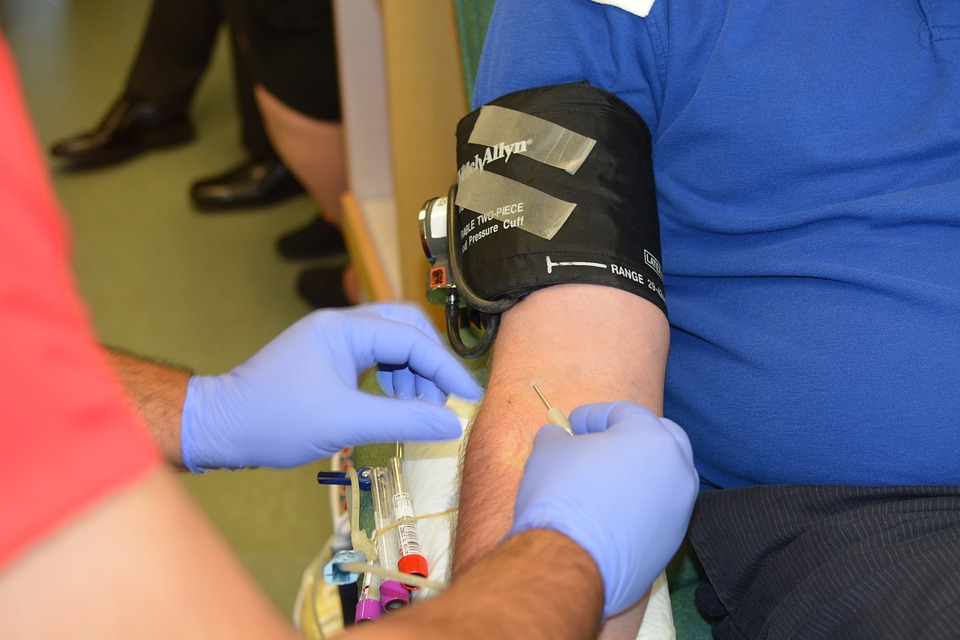
By Stan Popovich
Do you know someone who struggles with post-traumatic stress disorder (PTSD) and don’t know how to help them? If so, here are seven helpful tips to help the person cope in these kinds of situations.
1. Learn as Much as You Can in Dealing With PTSD
There are many books and information that will educate you on how to deal with PTSD and other mental health issues. Share this information with the person who is struggling.
2. Be Understanding and Patient to the Person Who Is Struggling
Dealing with PTSD, depression, and anxiety can be difficult for the person so do not add more problems than what is already there. Do not make things worse by getting into arguments with someone who is suffering. Yelling will only make things worse.
3. Talk to the Person Instead of Talking at Them
It is important not to lecture the person who is struggling with PTSD. Talk to the person about their issues without being rude. Most people will listen if you approach them in a proper manner. It is also important to listen to what the other person has to say so you get an idea of where that person is coming from.
4. Find Out the Reasons Why the Person Won’t Get Help
Some PTSD sufferers may not want to get help for various reasons. If this happens, find out the reasons why that person won’t talk to a counselor. Addressing a person’s issues and fears of getting assistance will go a long way in helping that person.
5. Getting Help Is Not a Sign of Weakness
Some people may think that getting help is a sign of weakness. In this case, remind your loved ones that they are not asking for help, but instead, they are learning how to overcome their PTSD. Everybody learns new things on a daily basis. Remind the person who is struggling that there is nothing wrong with learning something new.
6. Find a Local PTSD Group
It is important that the person who is struggling join a local support group so they can get advice from others. Many people who are struggling with PTSD will be better able to relate to those who may have similar experiences and insights.
7. Dealing With the Bad Dreams
Many people dealing with PTSD may get nightmares regarding their past traumatic experiences. It is not easy to stop the nightmares, but you can start to reduce the frequency of these dreams by talking to a mental health counselor on a regular basis.
Stan Popovich is a Penn State graduate and the nationally known anxiety author of “A Layman’s Guide to Managing Fear”— an easy-to-read overcoming anxiety book that’s helped thousands of people to confidently manage their persistent fears and anxieties. Stan has over 20 years of personal experience in dealing with fear and anxiety. For more free mental health advice visit Stan’s website at managingfear.com and read Stan’s articles and his blog. The above is not intended to be a substitute for professional medical advice, diagnosis, or treatment. Mr. Popovich is not a medical professional. Always seek the advice of your physician or other qualified health providers with any questions you may have regarding a medical condition. Never disregard professional medical advice or delay in seeking it because of something you have read here.







